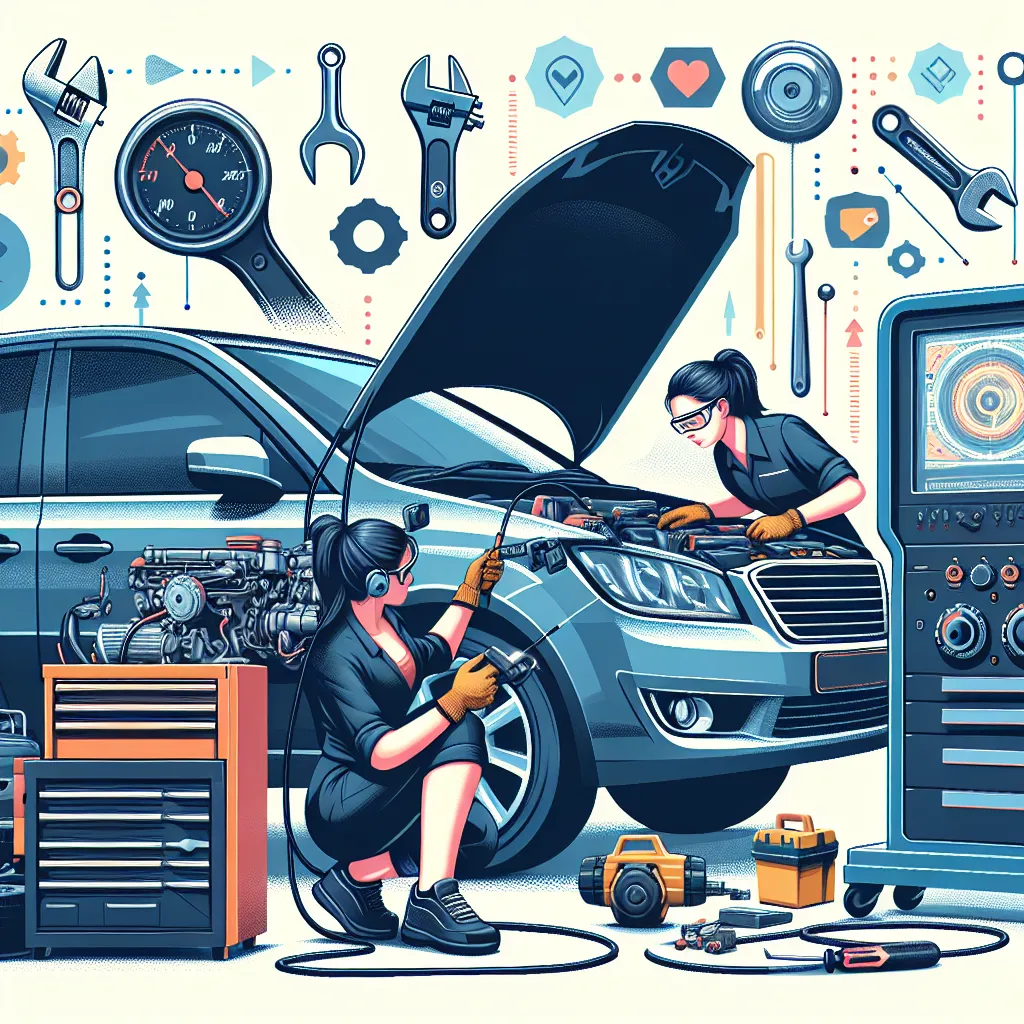Understanding Diagnostics
Diagnostics refers to the process of identifying issues within your vehicle's systems. Modern cars are equipped with an onboard diagnostic system (OBD) that provides real-time data about the status of various components. When the 'check engine' light comes on, this is your vehicle telling you that the OBD has detected an issue.
Tip 1: Invest in a Good Quality OBD Scanner
OBD scanners are devices that interface with the diagnostics system in your car to retrieve data and fault codes. Investing in a quality OBD scanner gives you the ability to run preliminary diagnostics yourself, potentially saving you time and money on unnecessary garage visits.
Tip 2: Regularly Check Your Vehicle's Fluids
While technology has significantly advanced, some old-school checks remain important. Regularly checking your vehicle's fluids, including engine oil, brake fluid, and coolant, can alert you to potential problems before they become expensive repairs.
Tip 3: Pay Attention to Warning Lights
Warning lights on your dashboard are part of your car's diagnostic system. While it's easy to ignore these, doing so can lead to larger problems down the line. If a warning light comes on, use your OBD scanner to identify the issue or take your car to a professional for diagnostics.
Tip 4: Keep Up with Regular Maintenance
Routine maintenance like oil changes, tire rotations, and regular inspections can help prevent larger issues. By keeping up with these tasks, you're effectively doing preventative diagnostics, ensuring minor issues don't escalate.
Tip 5: Don't Ignore Strange Sounds
Your car communicates with you in more ways than just warning lights. Strange sounds can also be an indication of a problem. A squealing noise when you brake, for example, may indicate worn brake pads. If your car starts making unusual noises, it's best to run a diagnostic check or consult with a professional.
Conclusion
Staying on top of diagnostics is crucial for maintaining your vehicle's health and ensuring a long lifespan. By investing in an OBD scanner, checking your fluids regularly, paying attention to warning lights, keeping up with maintenance, and listening for odd noises, you can catch potential issues early and save yourself time, stress, and money. Remember, when it comes to auto repair, an ounce of prevention is worth a pound of cure.
